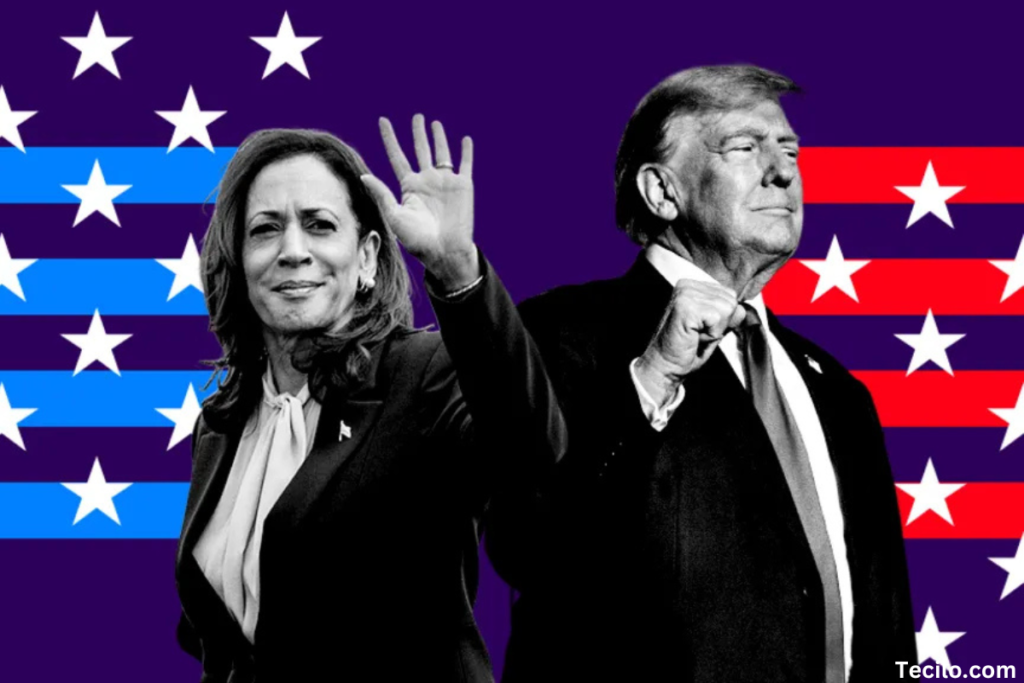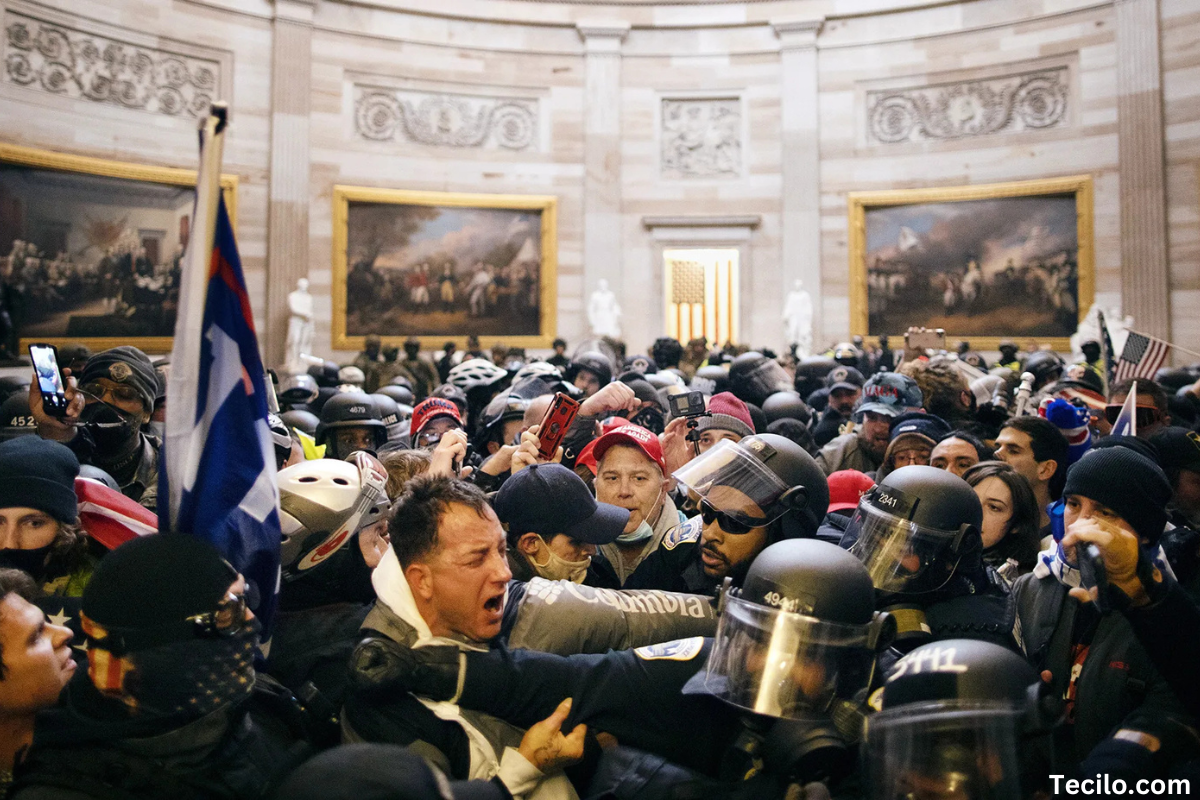
Trump Poll: When it comes to U.S. politics, few figures have dominated headlines and conversations quite like Donald Trump. From his surprise victory in the 2016 election to his ongoing influence within the Republican Party, Trump’s standing in the polls has always been a hot topic. But what do Trump’s poll numbers really tell us? In this article, we’ll dive deep into the world of political polling, explore how Trump’s numbers have fluctuated, and what his current polling data means for future elections, particularly the 2024 race.
What Are Political Polls and Why They Matter?
Defining Political Polls
Political polls are tools used to gauge public opinion about candidates, issues, and potential election outcomes. They collect data from a representative sample of the population and predict trends, preferences, or behaviors across larger groups. Polls are essential for understanding voter sentiment, tracking shifts in opinion, and guiding campaign strategies.
Role of Polls in Elections
Polls serve a critical role in elections by providing insights into voter behavior. For candidates, they can help adjust messages, target key demographics, and focus on swing states. However, polls are not always perfect and can be misleading when they don’t accurately reflect the views of the electorate.
The Rise of Donald Trump in Polls
Trump’s Initial Polling Numbers in 2016
Donald Trump’s initial foray into the 2016 presidential race was met with skepticism. Many early polls did not predict his rise to prominence within the Republican field. However, as Trump’s message resonated with a significant portion of the electorate, his polling numbers began to climb rapidly.
The Unexpected Victory: 2016 Elections
Trump’s victory in the 2016 presidential election came as a surprise to many, including pollsters. While many Trump Poll predicted a win for Hillary Clinton, Trump’s ability to outperform expectations in key swing states like Michigan, Wisconsin, and Pennsylvania turned the tide in his favor.

Trump’s Poll Performance During His Presidency
Approval Ratings and What They Mean
During his presidency, Trump’s approval ratings remained a focal point for political commentators. Approval ratings represent the percentage of respondents who approve of a president’s job performance. While Trump’s ratings were often polarized, they stayed relatively consistent, hovering between 35% and 45%.
Poll Trends from 2017 to 2020
Throughout his presidency, Trump Poll numbers reflected the sharp division within the American electorate. His policies, rhetoric, and handling of events like the COVID-19 pandemic and social unrest influenced Trump Poll numbers, with significant fluctuations during major national events.
Polls Leading to the 2020 Presidential Election
Comparing Trump vs. Biden Polls
Leading up to the 2020 election, polls consistently showed Joe Biden with a national lead over Donald Trump. However, as with 2016, many analysts questioned the reliability of these polls, particularly in swing states where Trump had strong support.
Polling Discrepancies and Surprises in 2020
While Biden ultimately won the 2020 election, the margin in several key battleground states was narrower than many polls predicted. This led to renewed scrutiny of polling methods and raised questions about the accuracy of pre-election surveys.
Trump’s Current Polling Numbers (2024)
Leading Republican Candidate
As of now, Donald Trump remains the leading candidate for the Republican nomination for the 2024 presidential election. Polls show that Trump continues to enjoy strong support within the party, particularly among his base.
Potential 2024 Matchups
Recent Trump Poll suggest that if Trump were to face Joe Biden again in 2024, the race could be extremely close. Other potential matchups, including between Trump and Florida Governor Ron DeSantis, have also garnered attention in early polls.

Factors Influencing Trump’s Polling Numbers
Media Coverage and Public Perception
Media coverage plays a significant role in shaping public perception and, by extension, Trump Poll numbers. Trump’s ability to command media attention—whether positive or negative—has been a key factor in maintaining his visibility and influence.
Policy Decisions and Public Opinion
Trump’s policies, particularly those on immigration, trade, and national security, have had a lasting impact on Trump Poll numbers. Supporters often point to these policies as reasons for their continued backing, while critics cite them as divisive.
The Accuracy of Political Polls
Polling Methods and Sample Sizes
The accuracy of a Trump poll largely depends on its methodology. Sample size, question phrasing, and how representative the sample is of the overall population are critical factors that determine the reliability of a poll’s findings.
The Challenges in Polling Trump Supporters
One of the challenges pollsters face is accurately capturing the opinions of Trump supporters, who may be less likely to respond to surveys. This has led to a phenomenon where polls underestimate Trump’s actual support.
Why Do Polls Sometimes Get It Wrong?
The “Shy Trump Voter” Phenomenon
The idea of the “shy Trump voter” refers to people who support Trump but are hesitant to express their views publicly or to pollsters. This phenomenon may explain why some polls failed to predict Trump’s success in 2016.
The Influence of Social Media on Poll Accuracy
Social media platforms have created new dynamics in political discourse, making it harder for traditional polling methods to capture the full spectrum of opinions. Social media can amplify certain voices while drowning out others, further complicating Trump Poll accuracy.
How Trump’s Polls Compare to Other Candidates
Comparing Trump’s Polls with Previous Presidents
Compared to previous presidents, Trump Poll numbers have been more polarized. His strong base of support has remained loyal, but his disapproval ratings have also been unusually high.

Trump vs. DeSantis, Biden, and Other Potential 2024 Candidates
In hypothetical matchups, Trump Poll numbers remain competitive against both Joe Biden and potential Republican challengers like Ron DeSantis. These early polls suggest that Trump’s influence within the GOP is still substantial.






